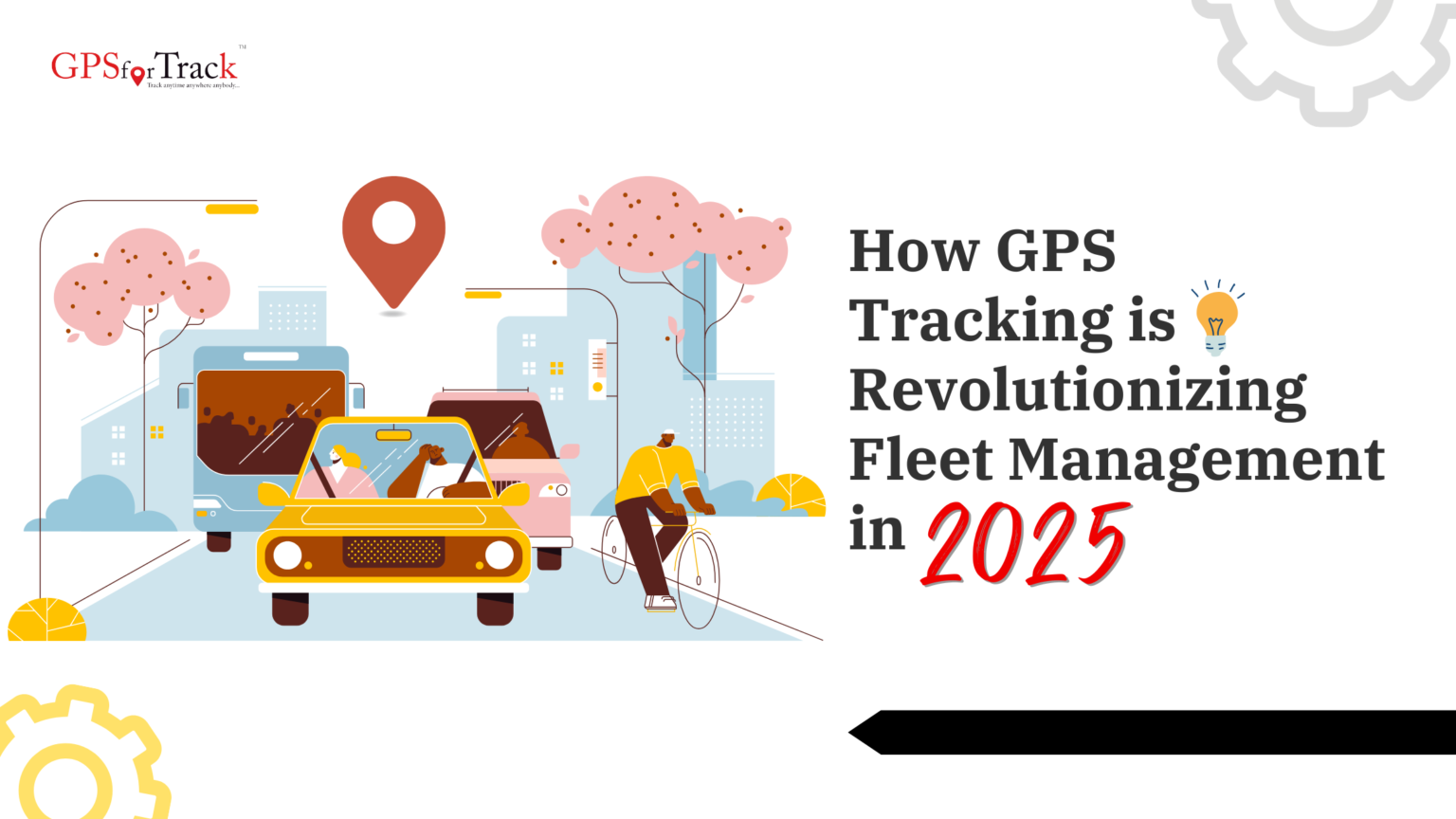
How GPS Tracking is Revolutionizing Fleet Management in 2025
In the ever-evolving world of fleet management, keeping up with advancements is crucial. As we enter 2025, GPS tracking technology has become a transformative force, changing the way businesses oversee, enhance, and control their fleets. From cutting operational costs to boosting safety, GPS tracking is significantly altering the landscape of the industry.
Real-Time Fleet Monitoring:
One of the standout benefits of GPS tracking is the ability to monitor fleets in real time. Fleet managers can pinpoint the exact location of their vehicles at any moment, allowing for quick, informed decision-making. This feature aids in optimizing routes, reducing fuel consumption, and ensuring timely deliveries.
Enhanced Fuel Efficiency:
Fuel expenses rank among the highest in fleet operations. With GPS tracking, companies can assess driver behavior, pinpoint excessive idling, and streamline routes to cut down on fuel waste. Many GPS tracking systems also connect with fuel sensors, offering precise insights into fuel consumption trends.
Improved Driver Safety and Compliance:
Ensuring driver safety is paramount in fleet management. GPS tracking systems monitor driving behaviors like speeding, harsh braking, and rapid acceleration. With real-time alerts and comprehensive reports, managers can offer feedback and training to enhance driver performance, lower accident rates, and maintain compliance with safety standards.
Preventing Theft and Unauthorized Usage:
Theft and unauthorized vehicle use are significant worries for fleet owners. GPS tracking solutions come equipped with geofencing capabilities, enabling managers to establish virtual boundaries. If a vehicle strays beyond the set area, immediate alerts are sent out, helping to thwart theft and unauthorized access.
Predictive Maintenance for Maximum Uptime:
Unforeseen breakdowns can result in expensive delays and repairs. GPS tracking systems work in tandem with vehicle diagnostics, delivering predictive maintenance notifications based on mileage and engine performance.
Data-Driven Decision Making:
Modern GPS tracking solutions generate detailed reports on vehicle performance, driver behavior, fuel consumption, and route efficiency. With access to valuable data insights, fleet managers can make strategic decisions to optimize operations, improve efficiency, and enhance overall profitability.
Final Thoughts:
As GPS tracking technology continues to advance, its influence on fleet management is clear. Companies that adopt these innovations can streamline their operations, cut costs, and improve overall efficiency. In 2025 and beyond, GPS tracking will remain an essential tool in transforming fleet management, enabling businesses to stay competitive in an increasingly digital landscape.
Are you prepared to elevate your fleet management? Investing in a GPS tracking solution today could be the key to achieving a more efficient and profitable future.





